Brokerage licences are perhaps the single most important factor to consider when picking an online broker. Regardless of the instruments and assets, you’re looking to trade, you need to find a reliable broker to provide access to the relevant markets.
And the only way to find out if a broker is reliable or not is through their license.
If you have any questions about broker licences or want to learn more about the different licences in the UK and the rest of the world, we invite you to continue writing.
What Are Broker Licences?
A broker licence is a licence that every broker has to obtain to offer their trading services. Every jurisdiction has its own rules and laws, meaning brokers have to obtain several licences to offer their services internationally.
Generally speaking, brokers have their main licence in the jurisdiction in which it is based, but most of the top brokers have obtained licenses from multiple governing bodies.
Today, broker licences serve several purposes which are all aimed at creating a safer trading atmosphere where traders’ protection and integrity is prioritized at all cost.
Regulation
The main purpose of broker licences is to regulate the financial markets. Around the world, governing bodies are tasked with overlooking the financial markets and the operators making use of it, ie. brokers, banks, and other economic institutions.
These bodies work to combat money laundering, terrorism as well as to protect consumers.
To do this, strict laws are put in place to regulate who can offer certain financial services to customers. And in order to start an online broker anywhere in the world, you have to fulfil strict requirements.
In the UK, for instance, brokers are enforced to offer fair prices, their not allowed to participate in market manipulation of any kind, and they have to protect and insure trader funds.
Trading Safety
As mentioned, financial regulatory bodies work on promoting and upholding a safe trading environment. Therefore, they’re always on the side of the trader and never on the side of the brokers.
In recent years, several major changes have been introduced to the European online trading market. For example, the use of leverage was heavily limited by the European Securities and Market Authority (ESMA) to limit losses. At the same time, negative balance protection was introduced to further help protect traders from substantial losses.
In other words, even if licences and trading regulations can feel limiting at times, they’re actually in place for your safety. Therefore we should all abide by the rules and only use regulated and safe brokers with licences from trustworthy regulatory bodies.
Different Governing Bodies
To make things a little more complicated, there are two main types of governing bodies that issue licences and approvals to online brokers. Namely government agencies and independent agencies.
Even if they all work towards the same goal, there are some differences between them that you need to be aware of.
Governments
Government licences are issued by agencies owned and operated by governments. Today, most western countries have their own financial regulatory bodies that oversee the financial markets, including brokers, banks, and exchanges.
Examples of government bodies are the Financial Conduct Authority (FCA) in the UK tasked with overseeing and regulating 58,000 financial institutions based in the UK, as well as Finansinspektionen (FI) in Sweden, which is tasked with regulating the local market.
The difference between these two agencies is that the FCA issues broker licenses while FI only approves brokers with licenses from elsewhere.
Independent
Independent regulatory agencies are agencies that are not completely owned by governments. Some of them are completely independent with no attachment to the government in the relevant jurisdiction, while others are partially operated by said government.
The best example of this type of regulation is the Commodity Futures Trading Commission (CFTC) which is an independent agency that semi-operates under the American government.
European Broker Licences
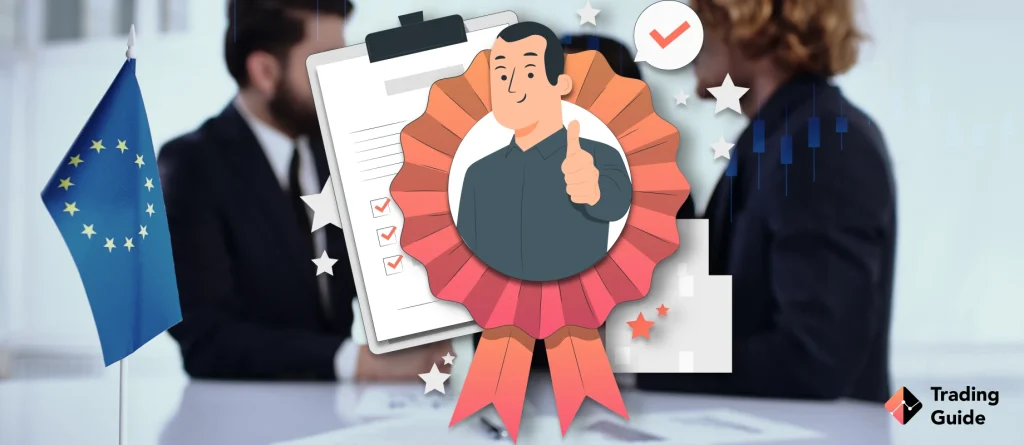
Now it’s time to take a closer look at the different licenses and the agencies that issue them. Since this site is aimed at the UK market, we’ll get started with the European agencies before moving on to the international variants.
Financial Conduct Authority (FCA) – is the main financial regulator in the UK, responsible for regulating more than 58,000 financial institutions and brokers.
Globally, FCA regulation is considered one of the main regulatory bodies and the FCA broker licence weighs heavily around the world. This means that a broker with an FCA licence can be considered as legitimate as it gets.
Also, in order to trade legally in the UK, one has to use a broker with a licence issued by the FCA.
Cyprus Securities and Exchange Commission (CySEC) – is a regulatory body based in Cyprus that acts as the main regulator for European brokers that are not based in the UK.
Similar to an FCA licence, a licence from CySEC is considered legitimate around the world and it’s always a good sign when a broker has a CySEC licence.
What’s more, since most European brokers operate in both the EU and the UK, they usually have licences from both agencies. CySEC operates and regulates according to the EU’s main financial regulation.
European Securities and Market Authority (ESMA) – is the main regulator of all the financial markets in the European Union. Although, they do not issue broker licences but instead give that task to other regulatory bodies such as the CySEC and the FCA.
ESMA is also responsible for the MiFID II which is the legislative framework that controls the market intending to improve trader protection and user-friendliness in the entire region.
Local Variants
There are also local financial governing bodies in all the EU member countries, such as:
- Finansinspektionen (FI) in Sweden
- Bundesanstalt für Finanzdienstleistungsaufsicht (BaFin) in Germany
- National Securities Market Commission (CNMV) in Spain
U.S. Broker Licences
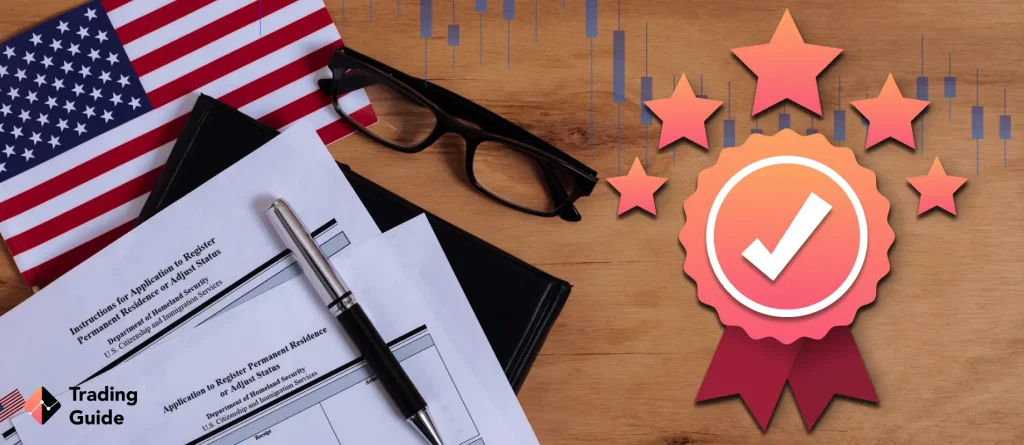
To no one’s surprise, the U.S. has one of the strictest trading markets in the world as well as the most number of governing bodies.
The market is so tightly regulated today that online brokers in the U.S., for example, aren’t allowed to offer CFD trading or spread betting.
The main U.S. regulators are the following:
United States Securities and Exchange Commission (SEC) – more commonly know as just ‘The SEC’ – is the main, independent financial regulator in the United States of America.
The SEC was founded as a result of the Wall Street Crash of 1929 and its main task is to enforce laws and legislative measurements against market manipulation, such as insider trading. Thus, they are responsible for overseeing all the financial institutions in the U.S.
Commodities Futures Trading Commission (CFTC) – is in charge of regulating and issuing licences for all types of derivatives trading. That means they issue licences to all brokers looking to offer futures, swaps, and specific types of options.
As mentioned, CFD trading and spread betting is banned in the U.S., but if that wasn’t the case, the task to regulate CFD brokers would fall on the CFTC.
Federal Reserve System (the Fed) – is the central bank of the United States and the body that is ultimately in charge of the American financial system, from printing money to regulating all financial institutions within the country.
Now the Fed does not issue licences on their own but they do approve of all brokers in the country, as well as all the banks and other financial operations.
Asian Broker Licences

Asia has a thriving online trading market with new jurisdictions opening up to traders every year. At the moment, the following broker licences belong to the most trustworthy in the region.
Monetary Authority of Singapore (MAS) – is the leading regulatory body in Southeast Asia, responsible for all the brokers operating in Singapore. However, MAS’s influence spans beyond that and a MAS licence is often enough in neighbouring countries, including in Malaysia.
DFSA (Dubai) – is the financial regulator of all financial services conducted within the free zone of Dubai (DIFC). DFSA is an independent and completely separate entity from the Securities and Commodities Authority (SCA) which is responsible for trading and finances in the rest of the United Arab Emirates (UAE).
The Rest of the World

As mentioned several times, every country around the world has its own regulatory bodies meaning there are hundreds of them to list.
Although, when looking at brokerage licences around the world, the following agency qualifies as one of the top ones next to the FCA and CFTC.
Australian Securities and Investment Commission (ASIC) – is known to have some of the strictest broker recommendations in the entire world. Subsequently, every broker with an ASIC licence can be considered safe and reliable.




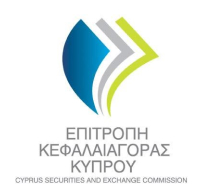
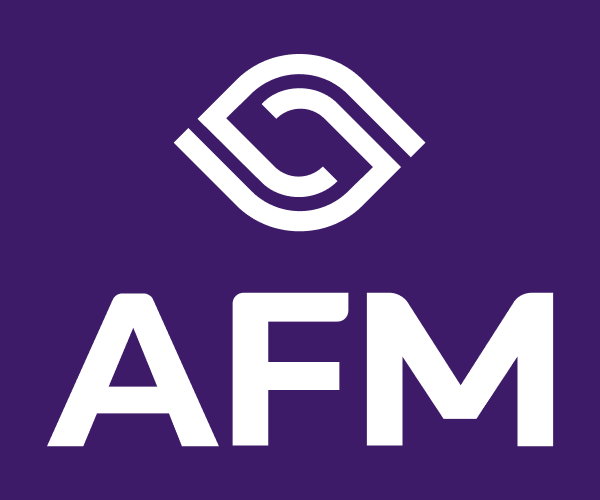
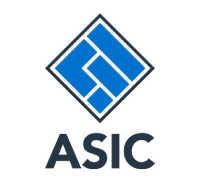





how can I check if a company is FCA approved?
Hello Lucas, always check the firm you're dealing with is listed on the Financial Services Register, and individuals, and the activities for which firms have permissions.